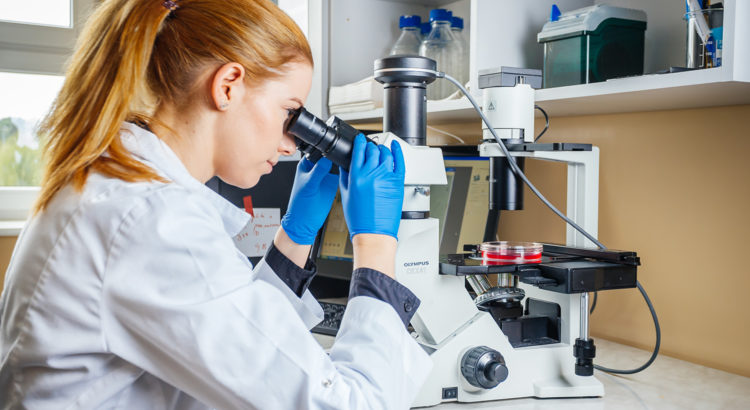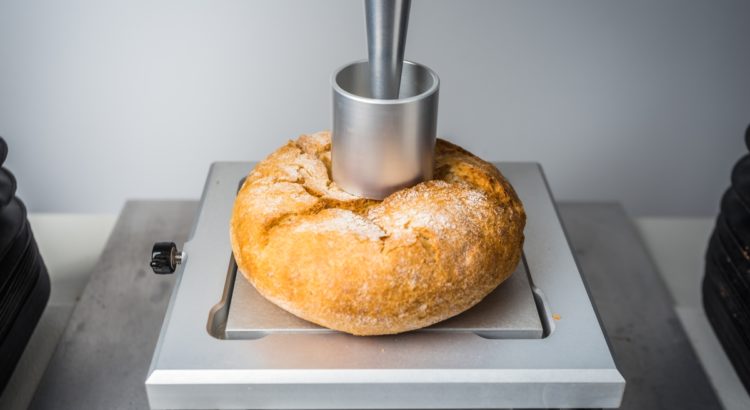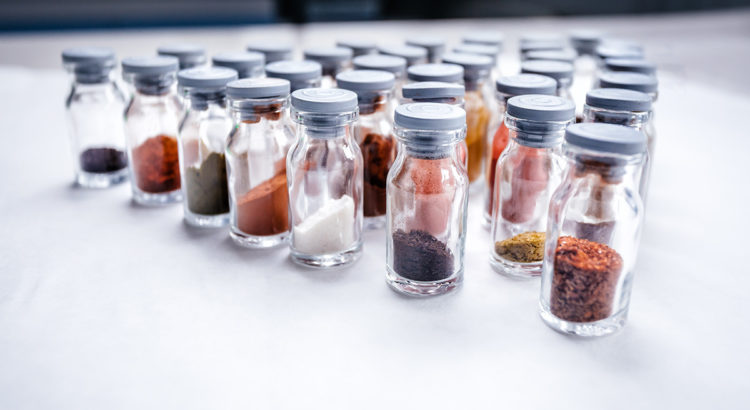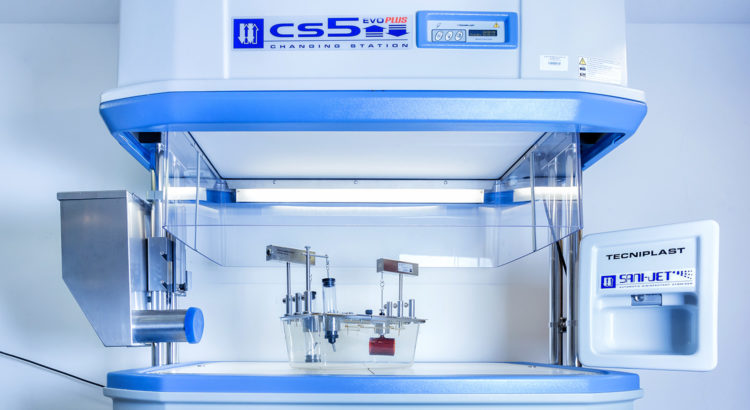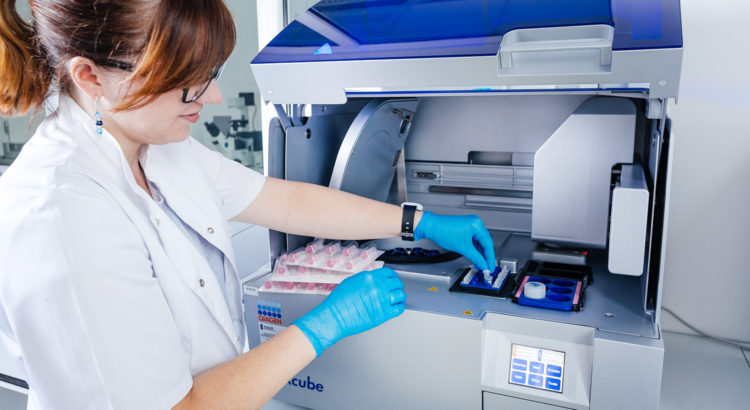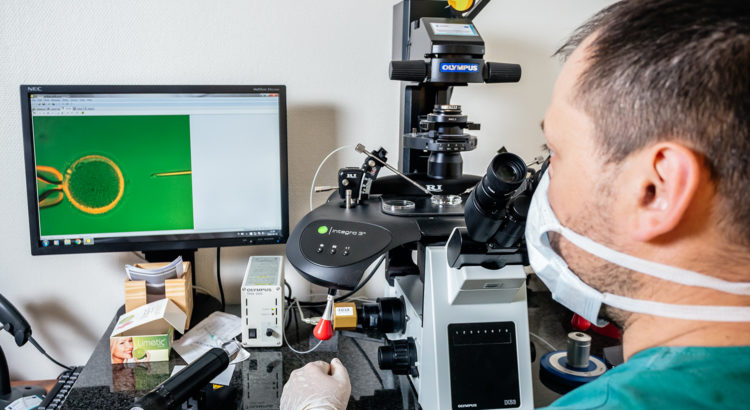The primary goal of our scientific work is to improve the quality of food and enrich it with natural ingredients that promote health (functional foods).
Our research concerns bioactive compounds that have a positive impact on human health by influencing specific processes occurring in the body such as counteracting inflammation, slowing down oxidation reactions in the body, and improving immunity.
Thanks to access to advanced research equipment and modern analytical methods, we have the ability to deeply characterize bioactive substances. We determine changes in the profile and content of polyphenols, tocopherols, tocotrienols, sulfur compounds (glutathione, glucosinolates), inositol phosphates, and many others.
We investigate the health-promoting potential of food using in vitro and ex vivo models, in human bodies, and utilizing designed model foods. We analyze the bioavailability of bioactive compounds, i.e., the degree to which they are absorbed and utilized by the body. We also assess the impact of modified diets on nutritional status and selected health parameters.
Additionally, we examine the influence of biopolymers (such as starch or proteins/lipids) on the characteristics and activity of gut microbiota, metabolic changes in the gut ecosystem, and their potential bifidogenic functions (i.e., their positive influence on the abundance of beneficial gut bacteria).
Another important aim of our research is food security. We focus on assessing the effects of technological processing on food quality – including thermal processing of food. Our studies enable the identification and quantitative analysis of the contents of products from the so-called Maillard reaction, which are produced during frying and heating nearly every type of food product containing proteins and reducing sugars. We assume that by selecting raw materials and optimal conditions for food preparation, we can minimize the production of harmful compounds without losing the compounds responsible for flavor and aroma.
We offer our analytical knowledge and research experience to food producers, including those in the bakery sector, as well as producers of fruit and vegetable preserves and honey. We collaborate with manufacturers interested in designing innovative products, both conventional and intended for special dietary purposes.
